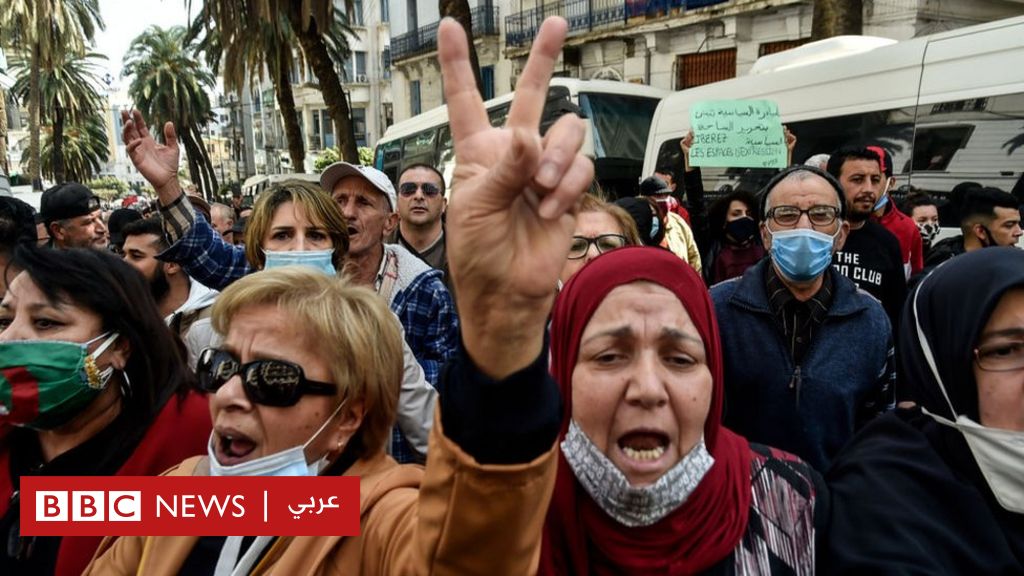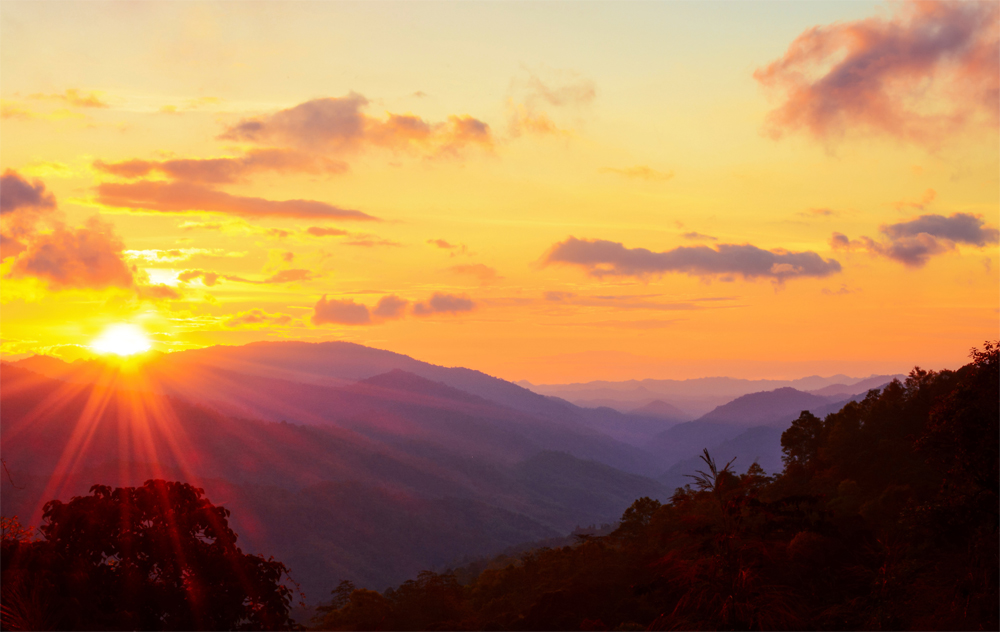Veteran journalist, Ihsan Al-Qadi
In a series of letters from African journalists, Magdi Abdel Hadi looks at the implications of imprisoning a prominent journalist in Algeria and what it reveals about the dominant force in this country.
It was close to midnight on Christmas Eve when plainclothes police officers took veteran journalist Ihsane Kadi from his home to the headquarters of the political police in Algiers.
The conditions of his detention, as recounted by his daughter, are eerily similar to those targeting independent journalists and human rights activists in authoritarian states around the world.
“It started with a phone call in the middle of the night, and was soon followed by a violent banging on the door on December 24,” Hanan al-Qadi told BBC Focus on Africa radio.
She added that the six policemen did not have an arrest warrant, and did not mention or file any charges that would justify her father’s arrest.
After that, the officers handcuffed Ehsan, put him in a police car, and took him to witness the closure of his media organization’s offices. Staff were sent home, equipment confiscated and the building closed.
Abdelmadjid Tebboune assumed power in 2019, succeeding Abdelaziz Bouteflika
Ihssan Elkady founded Radio M and Maghrib Emerjan about 10 years ago. The radio and website are known to be among the few dwindling independent media outlets in Algeria.
Six days later, the veteran journalist was brought before an investigative judge, who ordered his “temporary detention”.
His lawyers were unable to submit their objection to his arrest and the closure of his media company, due to the change in the date of the hearing without informing them.
It is easy to see that the charges leveled against the prominent journalist – undermining national unity and national stability, spreading false news, receiving money without authorization – bore unmistakably the hallmarks of a repressive state.
Denial of defense attorney
International human rights groups have denounced the arrest of the Algerian journalist, describing it as a flagrant violation of his human rights, and called for his immediate release and the reopening of his media websites.
His lawyers criticized the procedure as a flagrant violation of the Algerian constitution, and a deprivation of the judge’s basic right to a fair trial, after they were denied the opportunity to question the reasons for his arrest before the investigating judge.
This was not the first time that Ihssan al-Qadi faced the oppressive power of the Algerian state.
But it appears that the immediate motive for this arrest was an opinion article he published on his website – Maghrib Emerjan – in which he speculated that President Abdelmadjid Tebboune, 77, would like to run for another term in office, and discussed in the article whether the army would agree to that.
The article clearly angered the president and the military, alike.
There is, of course, the prevailing view, by observers of Algeria’s political scene, that the country has never been a democracy since gaining independence in 1962.
The elections in Algeria are only for show, and their only purpose is to give a tint of democratic legitimacy to the person appointed by the military men behind closed doors.
And this is exactly what Algerians wanted to change when they took to the streets in 2019.
The angry protests of 2019 were directed not only against Bouteflika, but also against those close to him
The protests erupted when former president Abdelaziz Bouteflika, who was seriously ill and used to move around in a wheelchair, appeared poised to run for a fifth term after 20 years in power.
The protest movement, known as the movement, succeeded in thwarting the efforts of Bouteflika, who was forced to resign at that time, and then died.
A few of those around him were brought to trial, but that was the end of it.
The movement wanted much more than the removal of the head of state, and they did not want another formal election that was characterized by applause for the candidate.
They wanted a new political system characterized by the promotion of full democratic rights and the enshrinement of the rule of law, not only in the constitution but also in practice through practice.
They knew that to achieve this they had to dismantle what the Algerians called “Le Pouvoir” meaning “the power”, which is a network of complex relations between the security services, the army and the business elite, a system that has existed since independence.
However, due to the lack of organized leadership, along with the spread of the Corona pandemic and the increasing repression, the movement faded and retreated in one way or another, leaving the arena for the old regime to return and take control firmly.
What happened in Algeria was another version of what happened in other North African countries, such as Tunisia, Egypt and Libya.
Historic moment
After the initial euphoria of what became known as the Arab Spring, which saw the overthrow of the heads of the three countries, Tunisia, Egypt and Libya, in 2011, there has been no transition to full democracy. Libya is still mired in chaos, Tunisia, where democracy has deteriorated after an optimistic beginning, and Egypt, where the army has returned to take power after one of its men came to power.
The old regime has survived and the revolutionaries have either been driven into exile or fallen into apathy or complacency.
Or they ended up like Ihsan al-Qadi, who was thrown into a detention center.
On his Twitter account, the journalist posted a picture of a huge crowd that had gathered outside his office in 2019 during the Hirak protests.
He commented below the picture, saying: “I wish everyone … to live once in their lives this historic moment when the revolution of their dreams passes … from under their office window.”
Unfortunately for Ihsane Kadi and all those who dreamed of a free press and the rule of law in Algeria and the rest of North Africa, this was a historic moment, but a very brief one.


